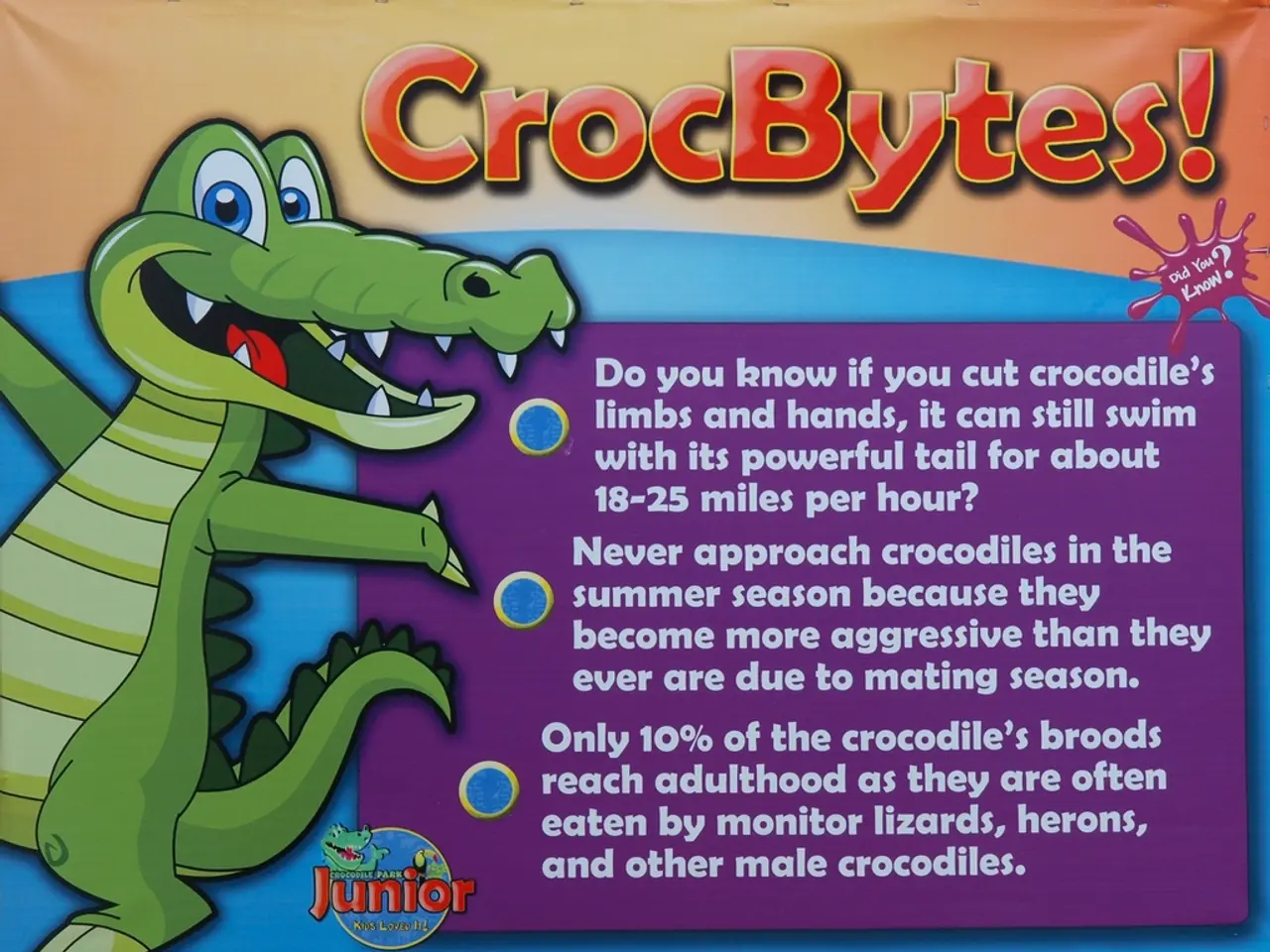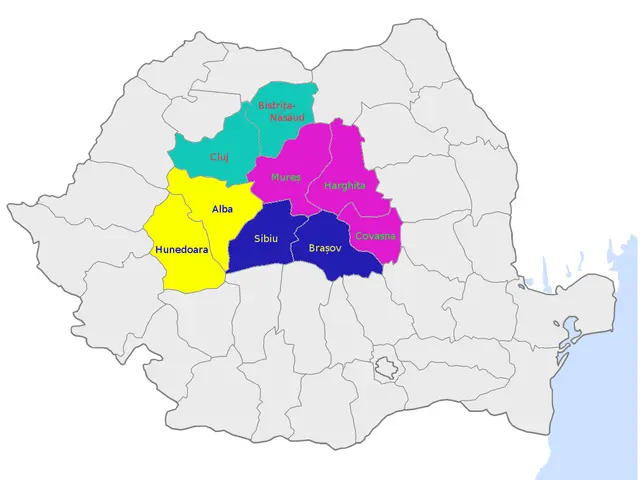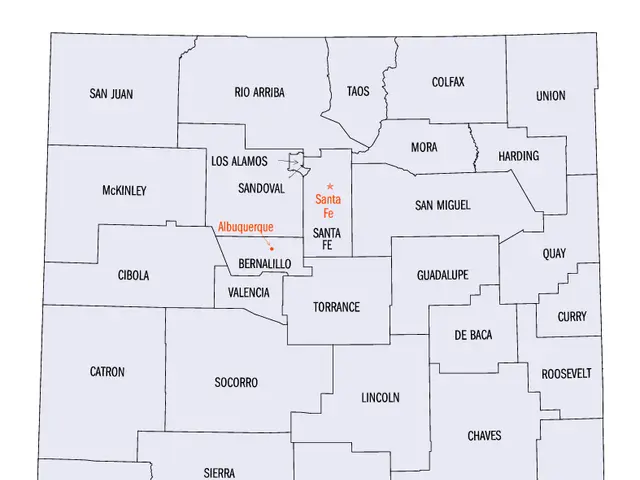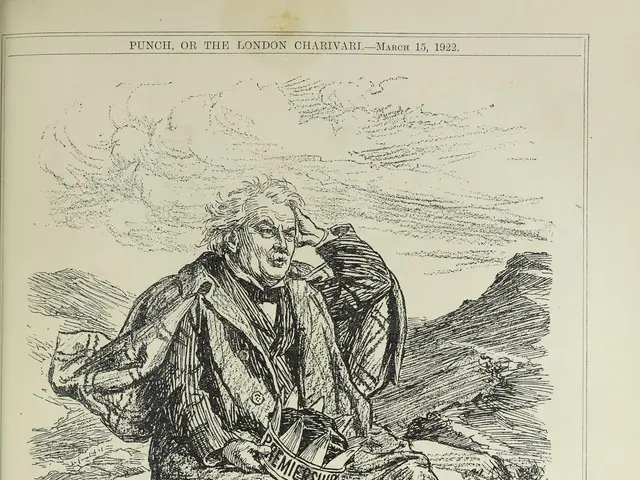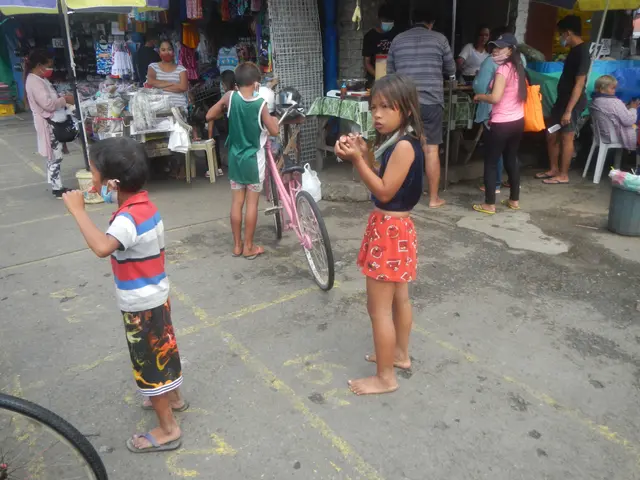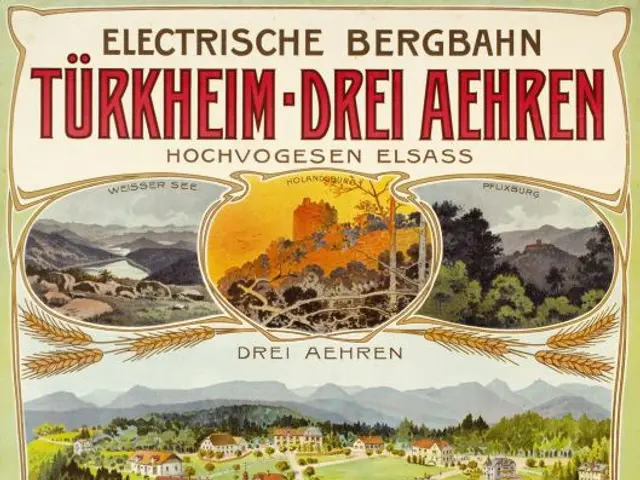Northern Territory eases pet crocodile rules while Victoria enforces a ban
Animal Care Australia, a prominent advocate, supports the responsible keeping of native animals as pets, including crocodiles, with appropriate regulations and licensing. Meanwhile, the Northern Territory is set to ease rules for keeping pet crocodiles, while Victoria imposes a ban on the practice.
Currently, 63 licensed individuals in the Northern Territory care for 123 crocodiles. The territory's government is seeking public input to improve safety and welfare guidelines. Proposed regulations include a unique identification marking for each crocodile, a $299 fee for a five-year permit, and a $100-an-hour recovery fee for any escaped reptiles. Additionally, updated enclosure standards will mandate a lockable door and an isolating section to minimize human-crocodile interaction.
Michael Donnelly, president of Animal Care Australia, has criticized the lack of consultation regarding Victoria's crocodile pet ban. He questions the ban's necessity, citing no known cases of crocodile attacks or cruelty charges in the state. Victoria's ban, however, will not affect existing owners, who can keep their crocodiles until they die.
The Northern Territory is moving towards easier pet crocodile keeping with new guidelines, while Victoria enforces a ban. Animal Care Australia, supporting responsible pet ownership, has raised concerns about the lack of consultation in Victoria's ban. Public feedback is invited in the Northern Territory to ensure the safety and welfare of both humans and crocodiles.
Read also:
- India's Agriculture Minister Reviews Sector Progress Amid Heavy Rains, Crop Areas Up
- Sleep Maxxing Trends and Tips: New Zealanders Seek Better Rest
- Over 1.7M in Baden-Württemberg at Poverty Risk, Emmendingen's Housing Crisis Urgent
- Life Expectancy Soars, But Youth Suicide and Substance Abuse Pose Concern
